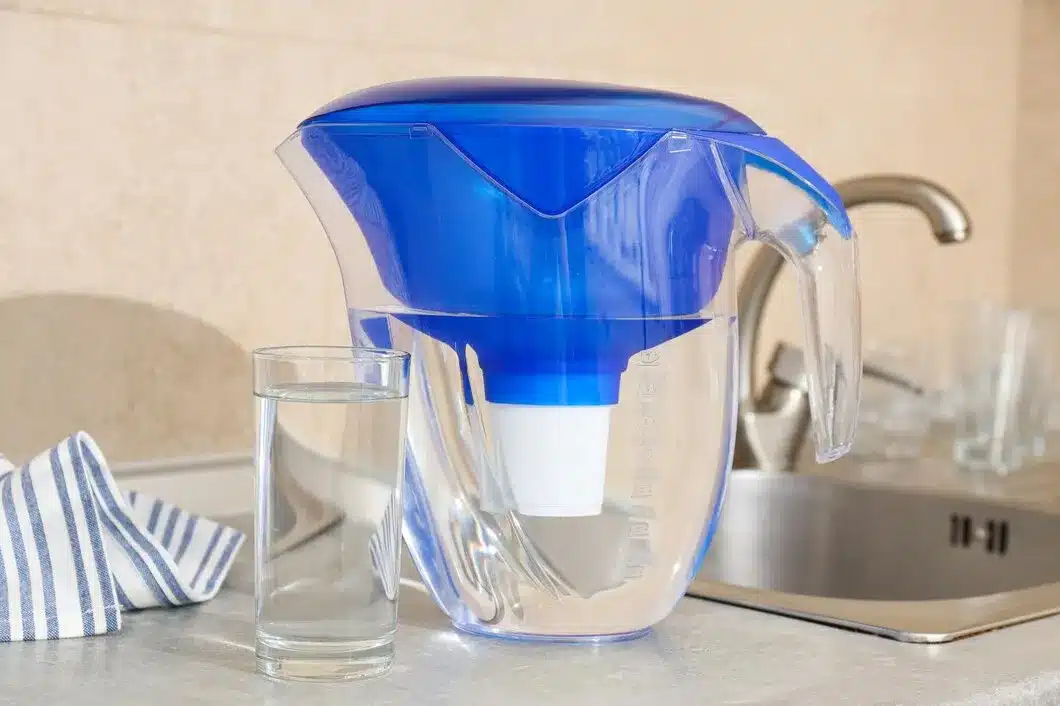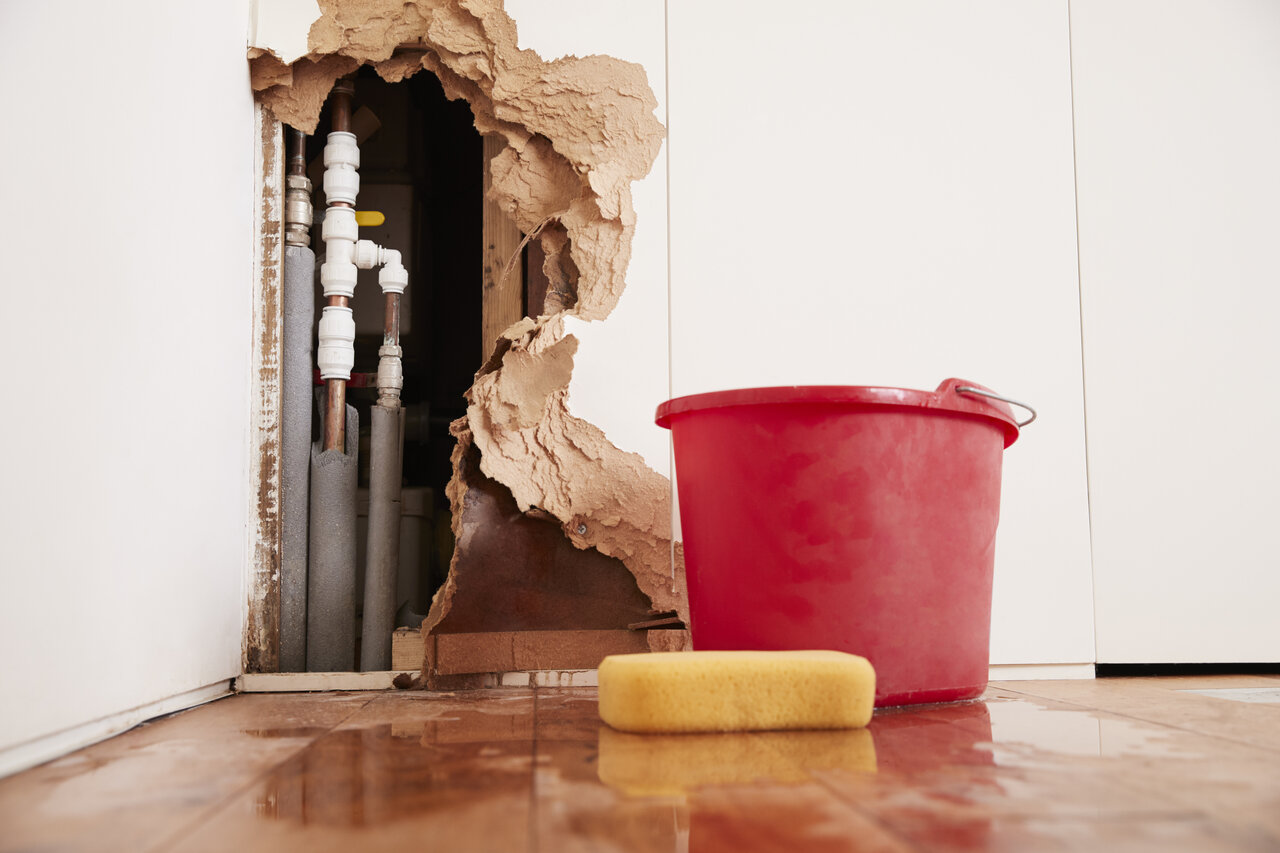
Water softeners are essential for dealing with hard water, which contains high levels of minerals like calcium and magnesium. These minerals can cause problems like scaling on pipes and appliances, dry skin, and dull hair. When choosing a water softener, you will likely come across two main types: salt-based and salt-free. Understanding the differences between them can help you make an informed decision for your home.
Salt-based and salt-free water softeners work differently. They each have their own advantages and drawbacks. Salt-based water softeners use salt to remove the minerals from water, making it “soft.” Salt-free water softeners, on the other hand, change the structure of these minerals so they don’t stick to surfaces, even though they remain in the water.
Deciding between these two types can be tricky. It’s important to know how each system works and what benefits they offer. This knowledge will help you choose the right one for your needs. In the following sections, we will delve into how each type works and list their pros and cons. This will give you a clear picture to help make your choice easier.
How Salt-based Water Softeners Work
Salt-based water softeners use a process called ion exchange to remove minerals from hard water. Here’s a simple breakdown of how it works:
1. Ion Exchange Process: In this method, the water softener has a resin bed filled with tiny beads. These beads carry sodium ions. When hard water passes through the resin bed, the calcium and magnesium ions switch places with the sodium ions. The minerals causing hardness are left behind, sticking to the beads, while the sodium ions take their place in the water.
2. Regeneration Cycle: Over time, the resin beads become coated with the minerals they trap. To clean them, the system needs to regenerate. It does this by flushing a saltwater solution through the resin bed. The high concentration of sodium ions in the brine solution forces the trapped calcium and magnesium ions out, replenishing the resin beads with sodium ions.
3. Rinse and Ready: After the regeneration cycle, the system rinses away the brine solution, flushing the collected minerals down the drain. The water softener is then ready to soften more water.
This exchange process effectively removes the hardness-causing minerals, resulting in soft water that is gentler on your pipes, appliances, and skin.
How Salt-free Water Softeners Work
Salt-free water softeners, also known as water conditioners, work differently from salt-based systems. They don’t remove minerals but instead change their behavior. Here’s how they operate:
1. Template-Assisted Crystallization (TAC): This popular salt-free method uses a special medium that attracts hardness minerals. As water flows through, the calcium and magnesium ions form crystals in the medium. These crystals can’t attach to pipes or appliances, effectively neutralizing the minerals’ ability to cause scaling.
2. Electromagnetic Conditioning: Another method uses electromagnetic waves to alter the structure of the minerals. When water passes through a magnetic field created by the device, the minerals lose their ability to stick to surfaces. This means they’ll flow through your system without depositing scale.
3. No Regeneration Needed: Unlike salt-based systems, salt-free water softeners don’t need a regeneration cycle. They don’t use salt or produce wastewater. This makes them a low-maintenance option for households looking for basic scale prevention.
Salt-free systems are ideal for those who want to avoid using salt or want a maintenance-free solution. They’re great for preventing scale buildup without removing beneficial minerals from the water.
Pros and Cons of Salt-based Water Softeners
Salt-based water softeners are traditional and widely used. However, they come with specific benefits and drawbacks. Here they are:
Pros:
1. Effective Hardness Removal: Salt-based systems are highly effective at removing calcium and magnesium, ensuring your water is truly soft. This helps prevent scale buildup, protecting your pipes and appliances.
2. Better Soap Efficiency: Soft water reduces soap scum, making cleaning easier and allowing soaps and detergents to work more effectively. You’ll use less soap and get better lathering.
3. Healthier Skin and Hair: Soft water is gentler on skin and hair. It can help reduce dryness and irritation.
Cons:
1. Salt Usage: These systems require regular refilling with salt, which can be a hassle. Salt can also have an environmental impact when it enters waterways.
2. Maintenance: They need periodic maintenance and regeneration cycles to function correctly. This involves additional water use, which can increase utility bills.
3. Taste: Some people notice a slight taste difference in water softened with salt, though it’s generally minimal.
Understanding these pros and cons can help you decide if a salt-based water softener is right for you and your household’s specific needs.
Pros and Cons of Salt-free Water Softeners
Salt-free water softeners or water conditioners also offer unique benefits and challenges. Here’s a closer look at their pros and cons:
Pros:
1. Environmentally Friendly: Since salt-free systems don’t require salt, they are more eco-friendly. There’s no salt discharge, making them better for the environment.
2. Low Maintenance: These systems don’t need regular maintenance or regeneration cycles. This makes them a convenient option for busy households.
3. Scale Prevention: They effectively prevent scaling in pipes and appliances by altering mineral behavior rather than removing them.
Cons:
1. No Mineral Removal: Unlike salt-based systems, salt-free conditioners don’t remove calcium and magnesium. The minerals remain in the water, which can still cause issues for some activities, like soap effectiveness.
2. Less Effective for Very Hard Water: In areas with very hard water, salt-free systems might not perform as well as salt-based counterparts. The high mineral content can overwhelm the conditioning process.
3. Initial Cost: Salt-free systems can be more expensive upfront. However, the lack of ongoing maintenance costs, like salt refills, can balance this out over time.
Weighing these pros and cons will help you determine if a salt-free water softener meets your lifestyle and water quality needs.
Conclusion
Choosing between salt-based and salt-free water softeners involves understanding how each system works and weighing their pros and cons. Salt-based water softeners are highly effective at removing minerals that cause water hardness. This results in smoother skin, cleaner dishes, and longer-lasting appliances. However, they require regular maintenance and salt refills.
On the other hand, salt-free water softeners offer a low-maintenance solution with an eco-friendly edge. They prevent scale buildup without the need for salt, making them a greener choice. However, they may not be as effective in areas with very hard water, and the minerals stay in the water.
Ultimately, the best choice depends on your specific needs and preferences. Both types of softeners have their merits and can greatly improve your home’s water quality. Careful consideration of each system’s functionality and benefits will guide you toward the right decision.
For expert advice and installation of water softening systems and other plumbing services in San Antonio, contact George Plumbing Co., Inc. today. Our team is ready to help you find the best water softening solution for your home. Call us now to get started!





